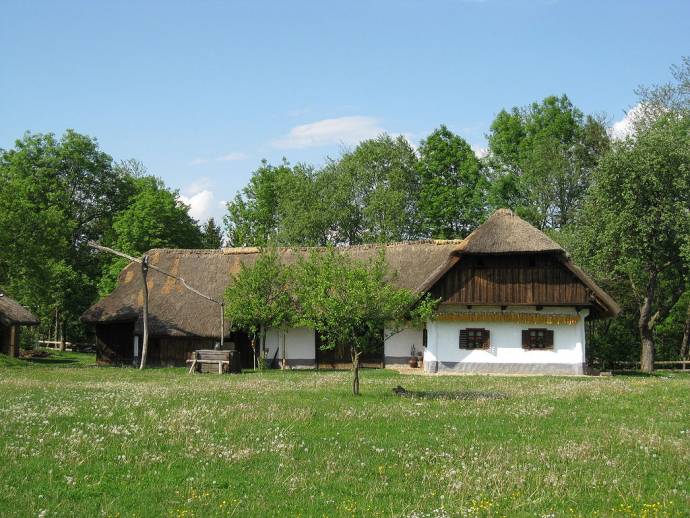STA, 5 October 2018 - Slovenia recorded the highest increase in the prices of housing properties in all of the EU in the second quarter of the year both at the annual and quarterly rates, fresh figures from Eurostat show.
House prices in the euro area and the EU rose by 4.3% in the second quarter of 2018 compared to the same quarter the year before, increasing by 1.4% quarter-on-quarter.
In Slovenia, house prices rose at an annual rate of 13.4% and at a quarterly rate of 4.2%.
High annual rates of growth were also recorded by Ireland (+12.6%), Portugal (+11.2%) and Hungary (+10.4%). The prices dropped the most in Sweden (-1.7%) and Italy (-0.2%).
Apart from Slovenia, above-average quarterly rates of growth were also seen in Malta (+3.2%) and Latvia and Romania (+3.1%). Prices dropped in Croatia (+0.2%).
Real estate tax scheduled for 2020
The STA also reports that the Finance Ministry has announced that the launch of a real estate tax, which has been in the making in Slovenia for years, is scheduled for 2020. It suggested on Friday that the tax would not exceed the levy imposed on real estate owners so far.
The ministry said it continued working on the tax during the change of government and that the tax could be adopted in parliament in 2019, while next year could also bring a repeat of the mass real estate appraisal.
A draft version of the tax bill could be submitted for public debate at the end of November, while the act could be adopted before next year's summer recess. The launch of the tax is scheduled for 2020.
Serving as the basis for the tax will be the value of the real estate, determined via a mass appraisal system based on the real estate valuation bill passed last December.
The current plan is to let municipalities keep the entire revenue from the tax. The levy is not expected to be higher than is presently the case with what is already a real estate of sorts, called compensation for the use of building land.
Still, total revenue, estimated at EUR 230m for this year, is expected to increase by 20%-30%, since additional real estate will be subjected to the tax, possible also property owned by the Church and the state.
While it is too early to discuss rates, the ministry said municipalities could get the power to adjust the rates by 50% in either direction.
A 2013 attempt to introduce the tax collapsed as the Constitutional Court ruled the act on the valuation of real estate unconstitutional.
The Mapping and Surveying Authority (GURS) says that data on real estate has been improved substantially in the last four years and that appraisal models have already been drawn up on the basis of the new appraisal act.
GURS indicated owners could expect the evaluation for their property in their mailboxes as early as in August next year.
Options for owners to contest the value determined by GURS, a key concern for the Constitutional Court, have been beefed up, the ministry said, arguing all the issues raised by the top court had been addressed.
Meanwhile, the ministry did not wish comment specifically on the coalition agreement-stated plan for "a tax on real estate that will place a higher burden on owners of larger and multiple pieces of real estate". It expects a solution as part of coalition talks.
In its 2014 ruling the Constitutional Court rejected the possibility of having different rates in place for comparable pieces of real estate.







